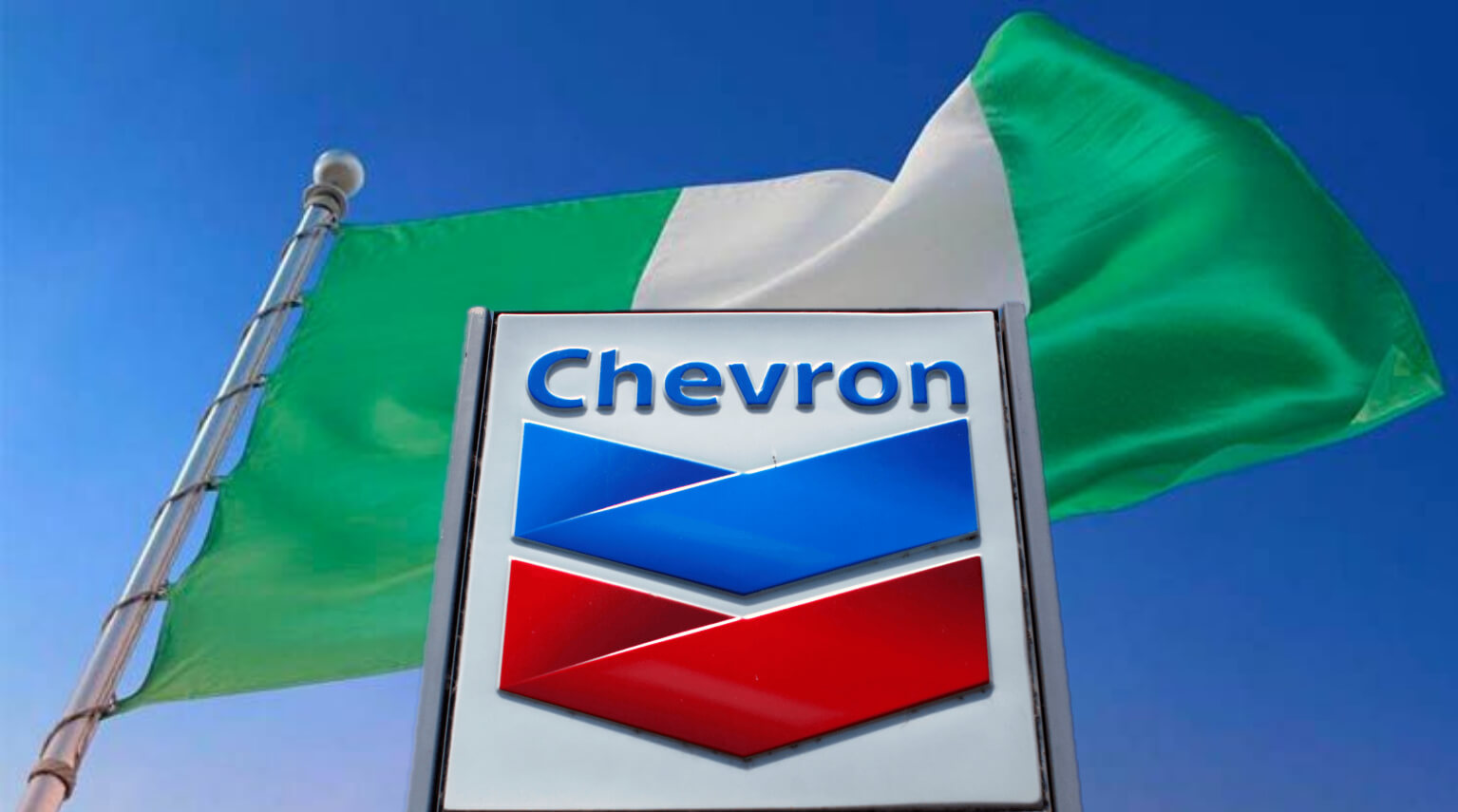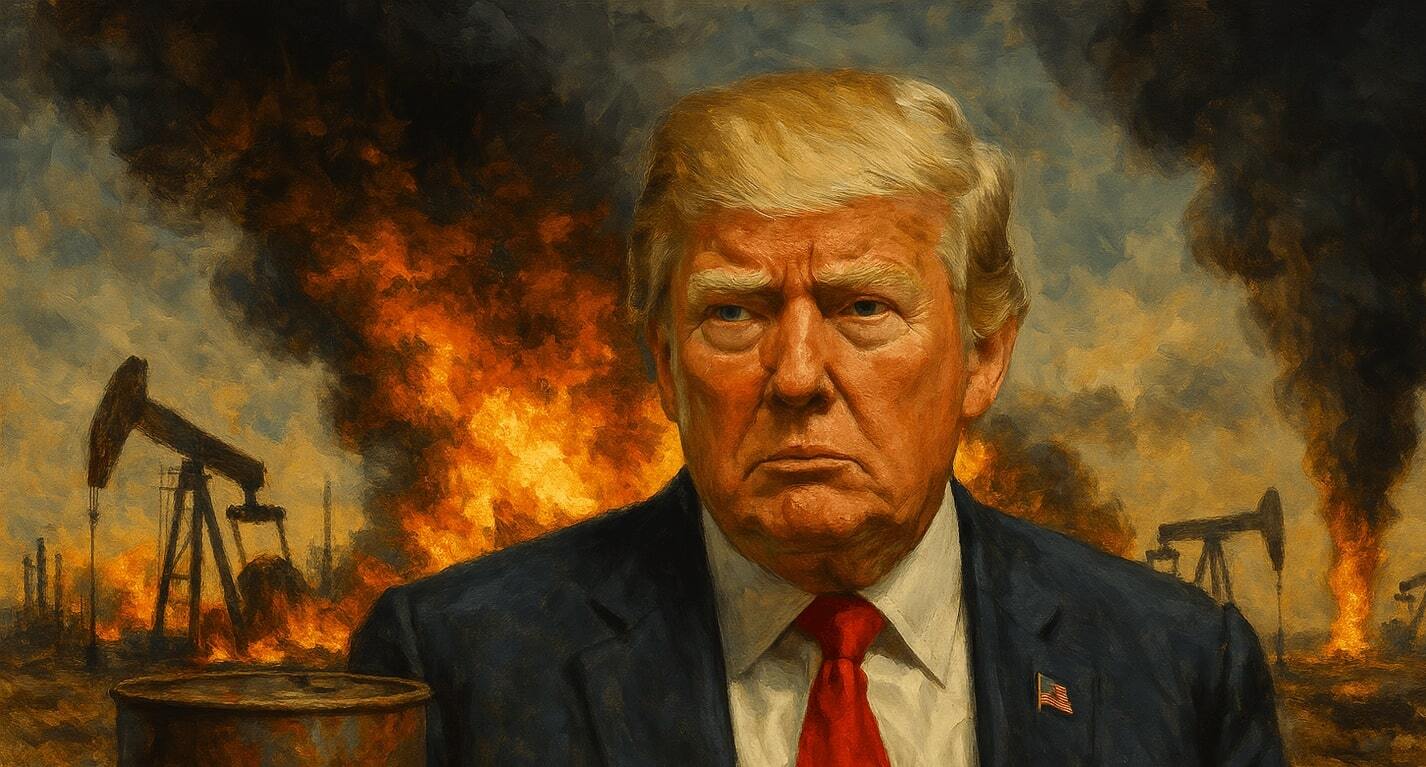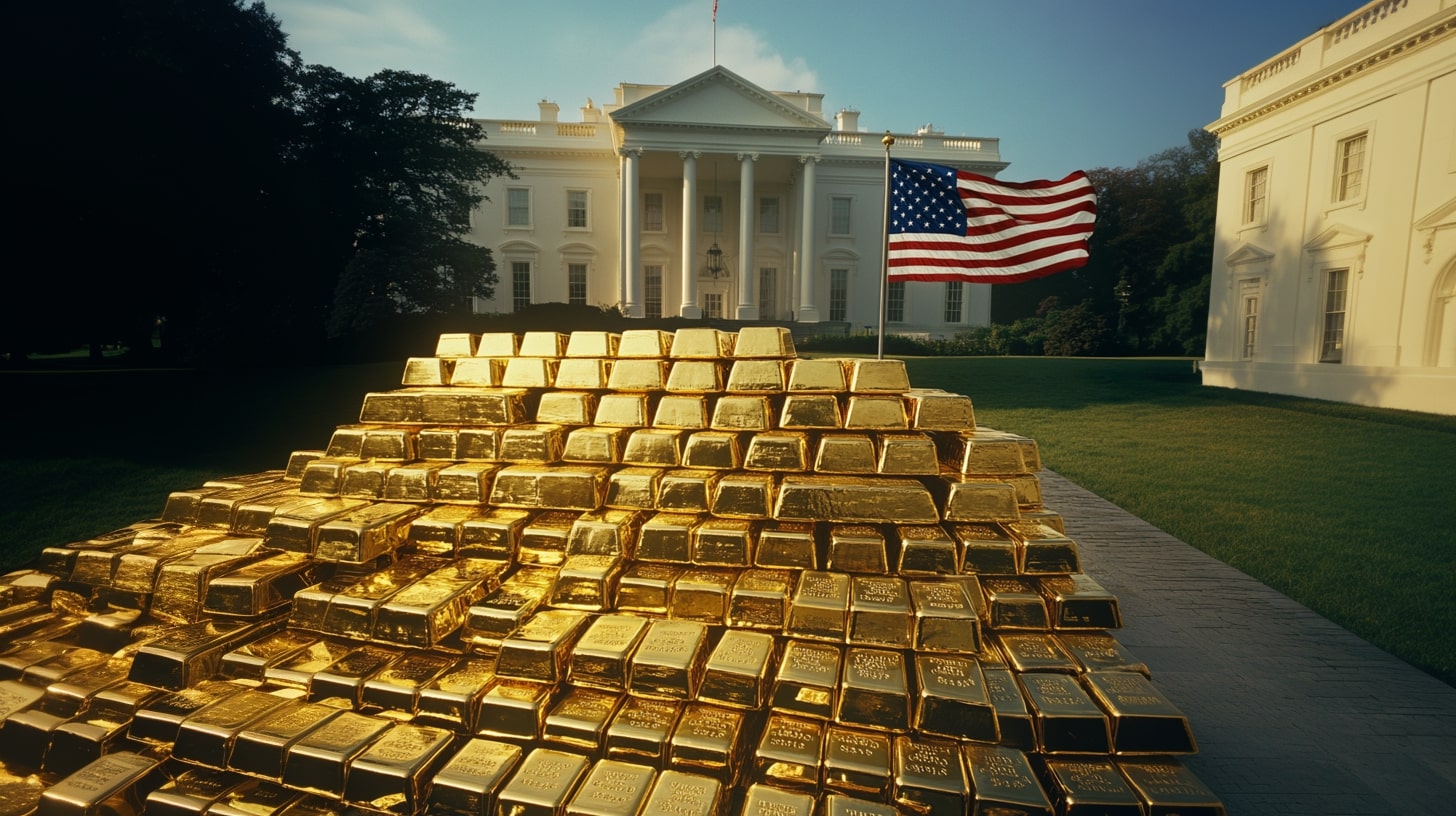
Inside the Clash: Dangote Refinery’s Struggle Against International Oil Giants
Exploring the Strategic Conflicts, Market Impacts, and Global Oil Dynamics | That's TradingNEWS
The Battle Over Nigeria's Oil: Dangote Refinery vs. International Oil Companies
Introduction to the Conflict
The Dangote Refinery, Africa's largest, began producing fuels in January 2024 after years of delays. However, its operations face significant challenges from international oil companies (IOCs) operating in Nigeria, which are reportedly undermining the refinery's profitability by demanding high premiums for domestically produced crude.
Dangote's Accusations Against IOCs
Devakumar Edwin, Vice President of Oil and Gas at Dangote Industries Limited (DIL), has publicly accused IOCs of plotting to bankrupt the refinery. Edwin claims that the IOCs are either setting excessively high premiums or stating that crude is unavailable, which disrupts the refinery's operations and financial stability. At one point, the refinery had to pay $6 per barrel above the market price, indicating a deliberate attempt by the IOCs to ensure Nigeria remains a crude exporter and an importer of refined petroleum products.
Impact on Nigeria's Domestic and Export Markets
The Dangote Refinery, with a processing capacity of 650,000 barrels per day, aims to meet 100% of Nigeria’s demand for refined petroleum products and produce a surplus for export. The refinery plans to export diesel to Europe and gasoline to Latin American and African markets. However, production of Euro V gasoline, compliant with Europe's emissions standards, is not expected until late 2024, potentially delaying some of its export plans.
Strategic Moves by Dangote
Aliko Dangote, Africa’s richest man, is reportedly planning to set up a trading firm to handle crude supply for the refinery. This move could help mitigate the challenges posed by the IOCs by securing a stable supply of crude at competitive prices.
Technical Analysis of Global Oil Markets
West Texas Intermediate (WTI) Crude Oil
WTI crude oil prices have shown resilience around the $80 level, a significant psychological and technical support. A bounce from this level suggests potential for a move towards $82.50. However, a breakdown below $80 could lead to further declines towards $79 and $78, indicating strong market support at these levels.
Brent Crude Oil
Brent crude oil is similarly poised, with the $84.50 level acting as a magnet for price movements. Breaking above $85.33 could trigger a rally towards $88. Short-term pullbacks are seen as buying opportunities, with $84 offering strong support, suggesting a positive cyclical trend in the coming months.
Iran's Oil Export Dynamics
Iranian Oil Minister Javad Owji has refuted claims that the government is selling oil at massive discounts. He highlighted that discounts under the current administration are smaller than those during the previous government. Owji noted that Iran has increased its oil production from 2.2 million barrels per day to 3.6 million barrels per day, with plans to reach 4 million barrels by the end of the current Iranian year. This increase in production and innovative export strategies, such as utilizing overseas refineries, have boosted Iran's oil industry growth by 20% last year.
EU's Sanctions on Russian LNG
The European Union has introduced a new sanctions package targeting Russian LNG projects and shipments. This 14th package of sanctions bans reloading services of Russian LNG in EU territory for transshipment to third countries, aiming to curb Russia's revenue from LNG exports. The sanctions also prohibit new investments in Russian LNG projects under construction and ban imports into specific terminals not connected to the EU gas pipeline network. This measure is intended to further limit Russia's ability to circumvent international sanctions using deceptive shipping practices.
Mitsui's Expansion in U.S. Shale
Japanese trading major Mitsui has acquired more shale acreage in Texas, expanding its presence in the prolific region. The asset, known as Tatonka, offers strategic access to the Gulf Coast industrial area, including LNG export terminals and ammonia production facilities. Mitsui's move aligns with its strategy to capitalize on the growing demand for natural gas, both domestically and internationally.
Conclusion
The ongoing battle between the Dangote Refinery and IOCs highlights the complex dynamics of Nigeria’s oil market. While the refinery faces significant challenges, strategic moves by Dangote and support from the Nigerian government could help mitigate these issues. Meanwhile, global oil markets continue to navigate geopolitical tensions, with significant developments in Iran’s export strategy, EU sanctions on Russian LNG, and strategic expansions by companies like Mitsui shaping the future landscape.
Thta's TradingNEWS

WTI & Brent Crude Prices Face Major Setback: How Will Trump's Tariffs and OPEC+'s Output Boost Impact Oil Markets?















